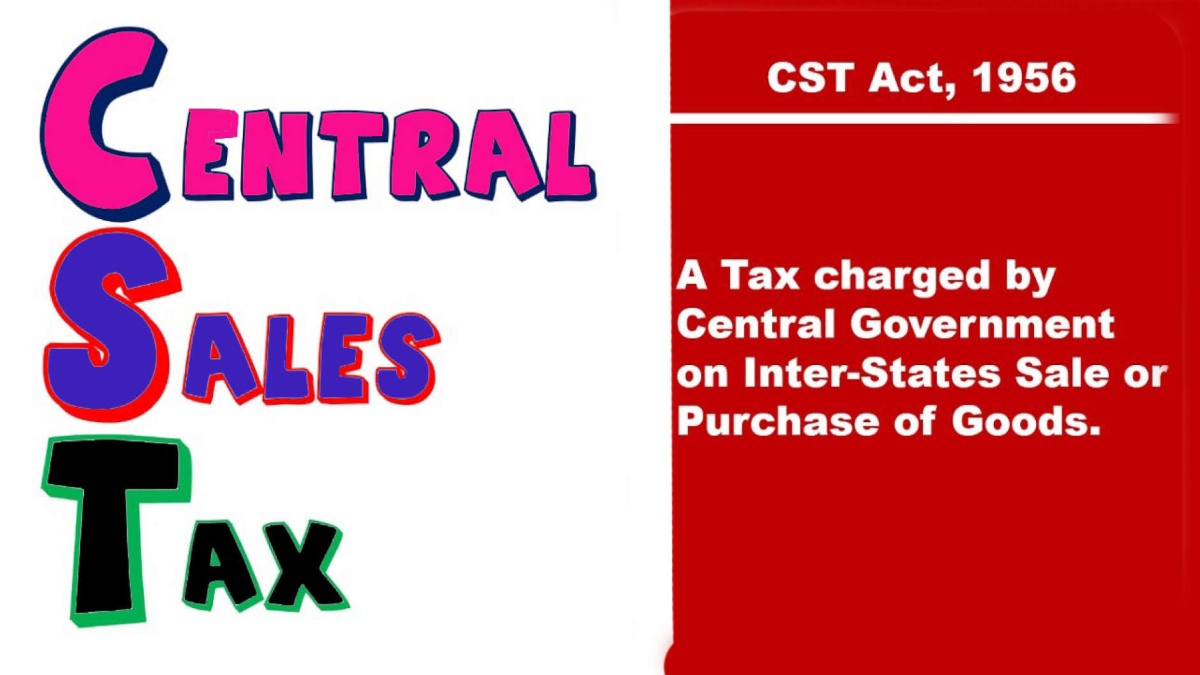It may be very interesting to note that The Central Sales Tax Act adds a lot of tax planning options while computation of indirect taxes under works contract. Before I discuss any further, it may be important to note two sections of Central Sales Tax Act namely Section 3 and Section 5 as below :-
Sec 3 – A sale or purchase of goods shall be deemed to take place in the course of inter- State trade or commerce if the sale or purchase (a) occasions the movement of goods from one State to another; or (b) is effected by a transfer of documents of title to the goods during their movement from one State to another.
Sec 5 – (2) A sale or purchase of goods shall be deemed to take place in the course of the import of the goods into the territory of India only if the sale or purchase either occasions such import or is effected by a transfer of documents of title to the goods before the goods have crossed the customs frontiers of India.
Both the above Sections may seem very simple, but have a wide reach. I say so because these provisions derive their origin from the Constitution of India and thus have a very strong backing.
Now lets discuss the practical aspects of these provisions. During the course of works contract the dealers supply several materials, which may be purchased from any of the following locations
- From the same state where the project is being executed
- From a state other than the state where the project is executed
- From a place outside the territorial boundaries of India
The issue is that when the location of procurement is a place either at b or c above, can the dealer / contractor claim that the local state shall have no right to charge VAT. If its b then CST shall be paid in the state from the movement originates and if its c, then no VAT is to be paid in India. However the ground realities are not as simple as said here.
To claim the exemption from VAT under Section 5 or to claim benefit of concessional rate of VAT under CST i.e. 2%, there are certain conditions which need to be satisfied, otherwise one may end up paying not only the taxes at concessional rates, but also the local taxes at higher rates.
Time and again, the courts have pronounced the inextricable link theory relevant to both Section 3 and Section 5. According to this theory, in order to claim the benefit of Section 3/5, one has to prove that the movement of goods had originated only pursuant to some specific contract. For e.g. If a dealer is doing a project in Gujarat and pursuant to the contract there is some purchase from Maharashtra and some imports from Germany, then the benefit of CST can be claimed provided following points are kept in mind by the contractor:-
- Separate PO needs should be raised by the client on the contractor for this transaction.
- The PO received from the client should clearly envisage the specific goods that are proposed to be purchased from out of India / out of state Vendors.
- While issuing the purchase order (PO) on out of India vendor, name and reference of the client and the PO reference should be indicated.
- The PO should direct that the goods be dispatched to the client’s site
- Transport documents ( prepared by the out of state vendor) must be prepared in the name of the contractor A/c of Client.
- The invoice raised by the foreign vendor should also provide corresponding cross reference to the PO between the contractor and client.

